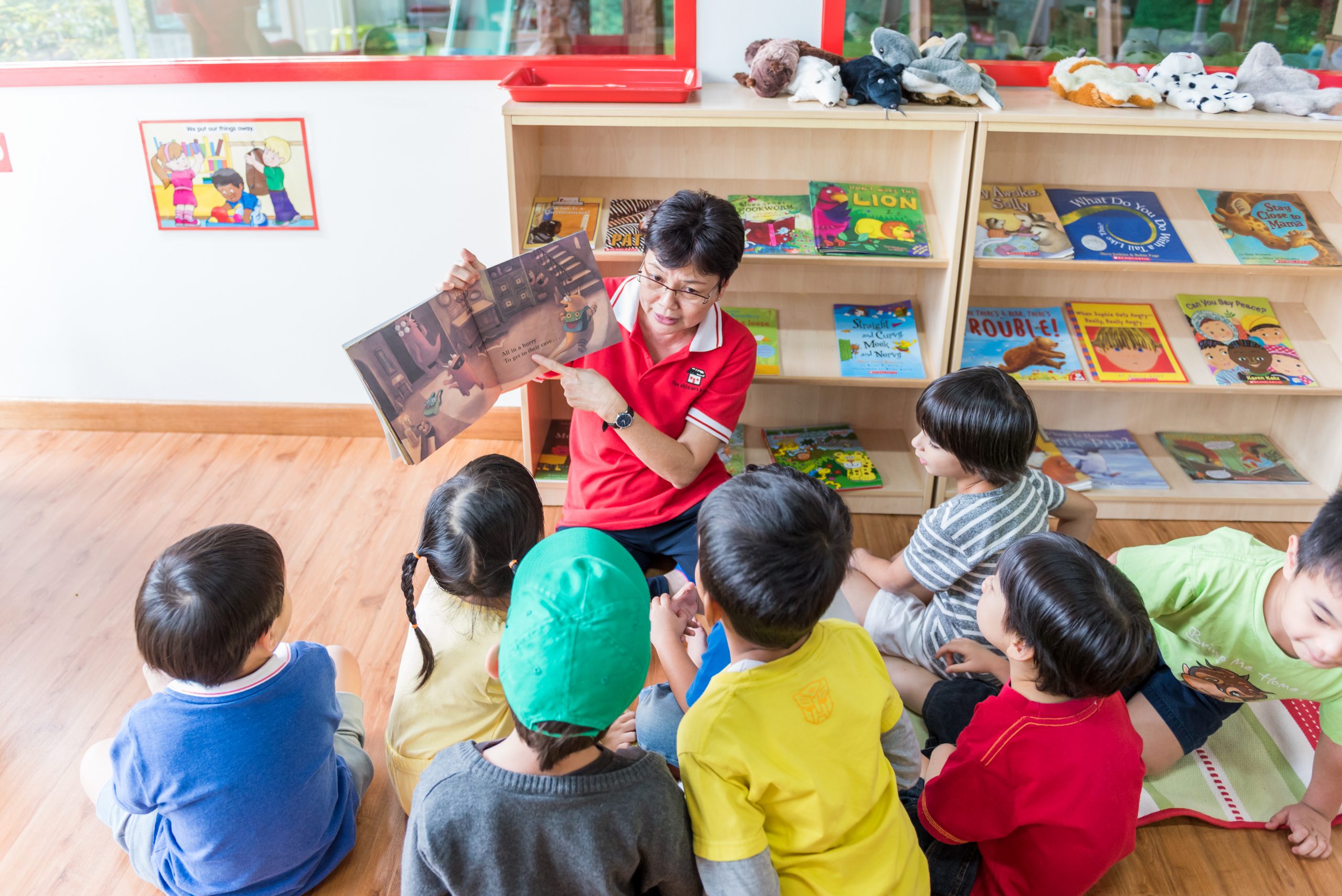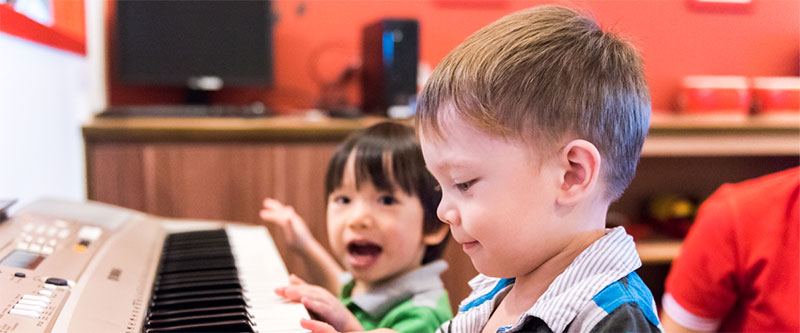
Q&A with The children’s house
In terms of a preschool education, what do Malaysian parents want most?
Typically parents perceptions are more towards academics and they hope their children would learn to read and count after a few months of pre-school. Most parents are strongly in favour of high academic reputation and their expectations are high. They look at the quality of the service, facilities, trained staff and a strong academic curriculum in preparation for primary school as their reason for sending their child to preschool.
Some parents desire for their children to mix with other children of their own age and some parents have said they felt social pressure to enrol their child in pre-school so they would not be behind their peers. There are a small percentage of parents who prefer their child to learn through play, which is so fun because children love outdoor activities, music and movement and drama.
Why is it important for early childhood education to centre around the child?
Children are sponges and every new thing that they experience throughout their early years are important. This happens from ages 0 to 6 years, during the first stage of development. The child has incredible powers of absorption. The child needs a great degree of care from parents, careers and educators, as they are vulnerable. From ages 0-3 years, with a high quality of environment that provides movement, is positive, stimulating and has order and structure, greatly helps the child to learn unconsciously.
Learning becomes conscious and the mind is still absorbent from ages 3-6 years. They have the inner drive for independence and can separate from their caregiver. They begin to express, have social awareness and friendships emerge. It’s best to start early than to wait, as the child will miss his incredible powers of absorption. Early childhood education is centred around the child so as to have well-rounded individuals.

What do children of that age benefit from a preschool?
A child has to go through the separation from their care-giver, socialise, be part of a routine of going to school and an environment where a teacher could give him the amount of freedom or he needs to re-orientate his personality while helping him maintain self-control.
The child should be guided so that he can find his natural path and all this can only happen in a prepared environment where the child finds working with materials that entice and focus his mind. Working repeatedly with a task chosen freely by the child and with no interruptions becomes a good habit and forms neural pathways.
Is it all about play?
Preschool is so much more than just playing. While the basic educational benefits of preschool (such as literacy and numeracy) are tangible, the advances children achieve towards becoming well-rounded individuals are truly invaluable.
Tell us about the Montessori Method
Self-education, where children learn in a prepared environment, that provides them with activities and present opportunities for exploration, investigation and problem solving is an important part of The children’s house and the Montessori Method. Children also learn having the freedom to choose the activity with no interruptions and they have the responsibility of returning the materials to their places. These experiences give the child a sense of security, stimulate intelligence and promote physical and psychological development.
Individual didactic materials are provided to allow children to learn and teach themselves at their own pace. Materials are used by a child one at a time whereby a child learns to wait for his turn and this teaches them patience and respect.
An environment prepared, safe and secure, which are filled with items that can be touched and manipulated by the child. It is placed neatly, orderly manner and made accessible to the child, whereby this encourages exploration. The child blooms with a pursuit for knowledge, creativeness and curiosity. Through this curiosity they also learn the world around them. Through all these activities, comes communication where their thoughts, feelings and information is shared. Communication is a key skill of life.
Concrete experiences give children the ability to reason beyond limits and to be able to interpret better. Children start with concrete experiences and move on to abstract at a later stage. Concrete thinking is important for mental development as it provides a base for abstract thinking. With the help of the materials in a Montessori environment and interaction with teachers, the young mind first explores and then develops towards abstract thinking. Abstract thinking is an important for it allows logical and thoughtful behaviour.
Preschool settings that encourage all these elements are important to set the foundation for learning at the primary level with thinking and life skills that will last a lifetime.











